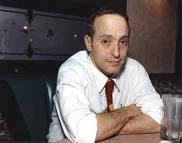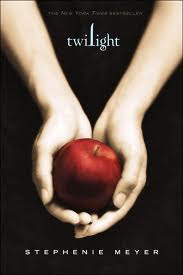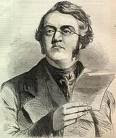This book had been frequently recommended to me, in particular, and vehemently, by young men of a certain stripe. Thus, I had avoided reading it.
It begins with the central character, Harry ‘Rabbit’ Angstrom going out to get his pregnant wife some cigarettes. He doesn’t come home. Almost on impulse, he drives through the night, trying to go South. It’s a sort of wonderful fantasy of escaping a disappointing life.
The fantasy doesn’t last long, as he gets lost, and returns to his home town, where he gets romantically involved with a lady who is a part-time prostitute. His wife gives birth to their baby, and overwhelmed with guilt her returns to her. One night, after a fight, he leaves his wife again. She gets drunk and accidentally drowns the baby in the bathtub. (No, I did not expect that twist either). After the funeral he flees back to the part-time prostitute, who is pregnant, and says she will abort if he doesn’t marry her. Once more, he starts running.
The presentation of someone trapped in their life was strangely compelling, maybe because I am about Rabbit’s age. He was a very good basketball player in high school, and he yearns constantly for that experience, of the perfect. It’s awfully sad. Here’s when he’s trying to force himself to go back to his wife:
What held him back all day was the feeling that somewhere there was something better for him than listening to babies cry and cheating people in used-car lots and it’s this feeling he tries to kill, right there on the bus; he grips the chrome bar and leans far over two women with white pleated blouses and laps of packages and closes his eyes and tries to kill it.
Stylistically, it’s astonishingly accomplished: he actually manages to pulls off not just the present tense, but also very long stream-of-consciousness sentences, both of which are usually a recipe for disaster. Try this, when Rabbit seems some Amish:
Amish overworked their animals, he knew. Fanatics. Hump their women standing up, out in the fields, wearing clothes, just hoist black skirts and there is was, nothing underneath. No underpants. Fanatics. Worship manure.
Unfortunately as you may be able to tell from the above quote, the book is sort of creepily obsessed with sex, and with women as sexual objects. Rabbit wants to have sex all the time, even when his wife is just back from the hospital, even when its time for the baby’s FUNERAL. And it’s all taken terribly, embarrassingly, seriously:
His wish to make love to Janice is like a small angel to which all afternoon tiny lead weights are attached
Small angelic sex apart, it’s a very good novel.










